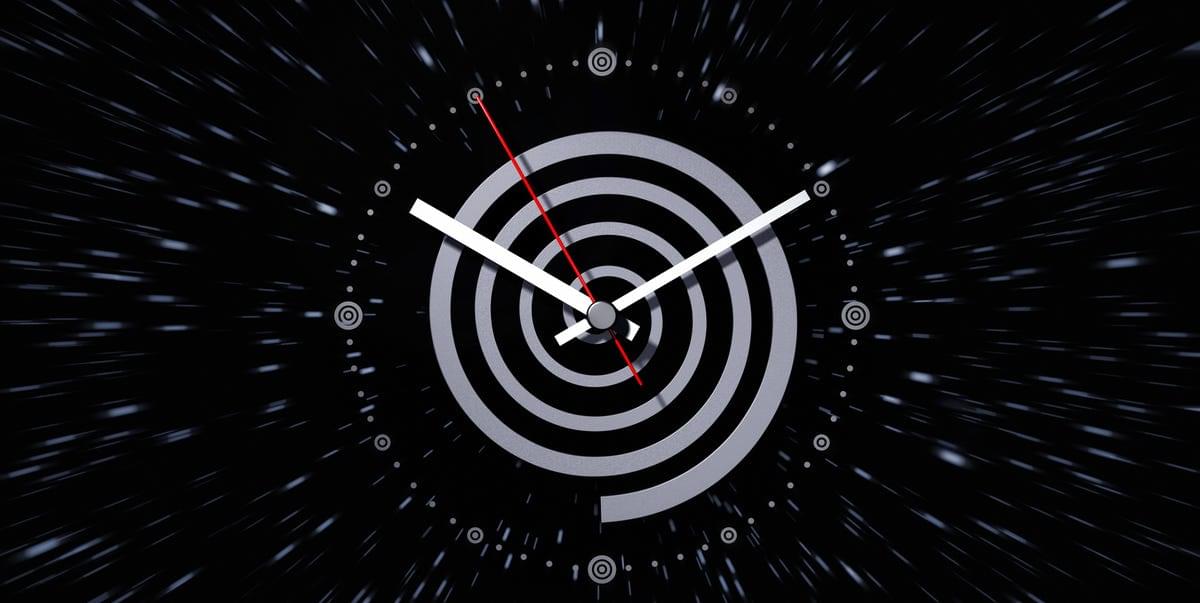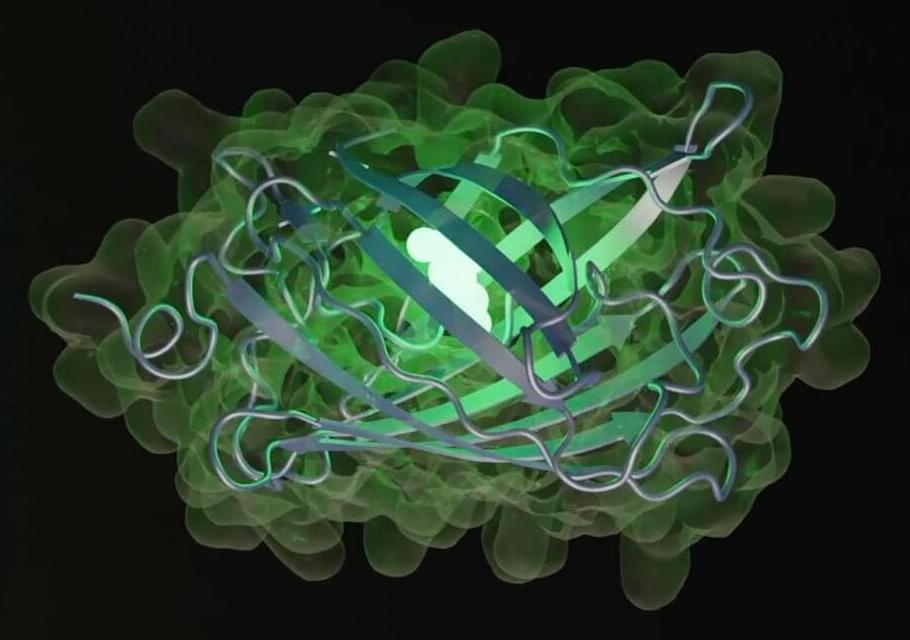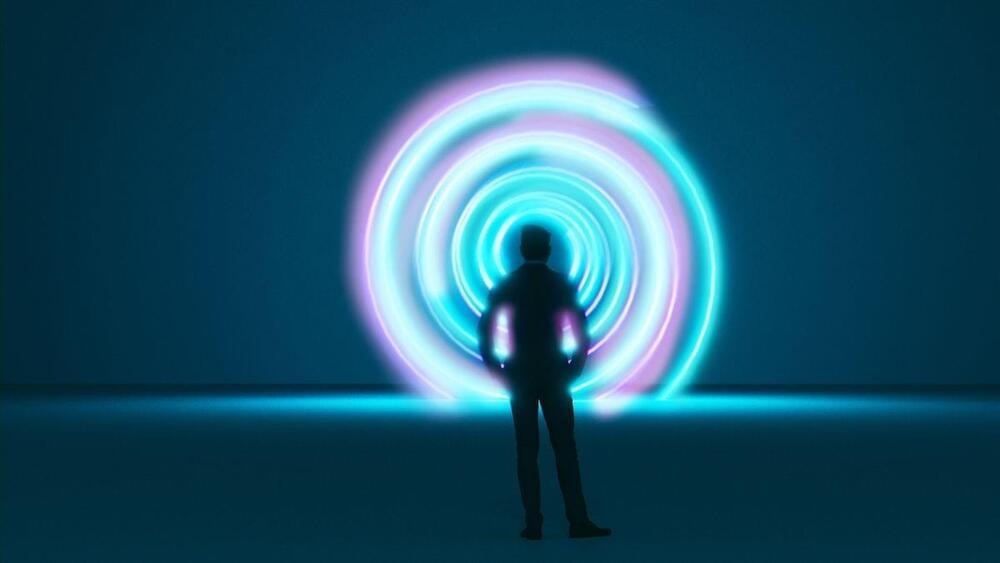#brain #brainhealth #discoveryourself #educationalyoutube #education #educationalvideo #health #healthtips.
#PhysicsOfTheImpossible.
#MichioKaku.
#TimeTravel.
#Teleportation.
#Invisibility.
#SciFiTech.
#ScientificImpossibilities.
#FutureTech.
#Physics Can the impossible be achieved scientifically? In this video, we explore the fascinating ideas from Physics of the Impossible by theoretical physicist Michio Kaku. We’ll discuss concepts like time travel, invisibility, and teleportation—could they become reality in the future?
If you’re a fan of science fiction and physics, this video is for you! Don’t forget to subscribe and turn on notifications for more exciting content.
📌 Topics Covered:
✔️ What is Physics of the Impossible?
✔️ The three categories of scientific impossibilities.
✔️ Is time travel possible?
✔️ Sci-fi technologies that may become real.
📚 Sources & References:
Physics of the impossible by michio kaku.
Amazon link to the book.



